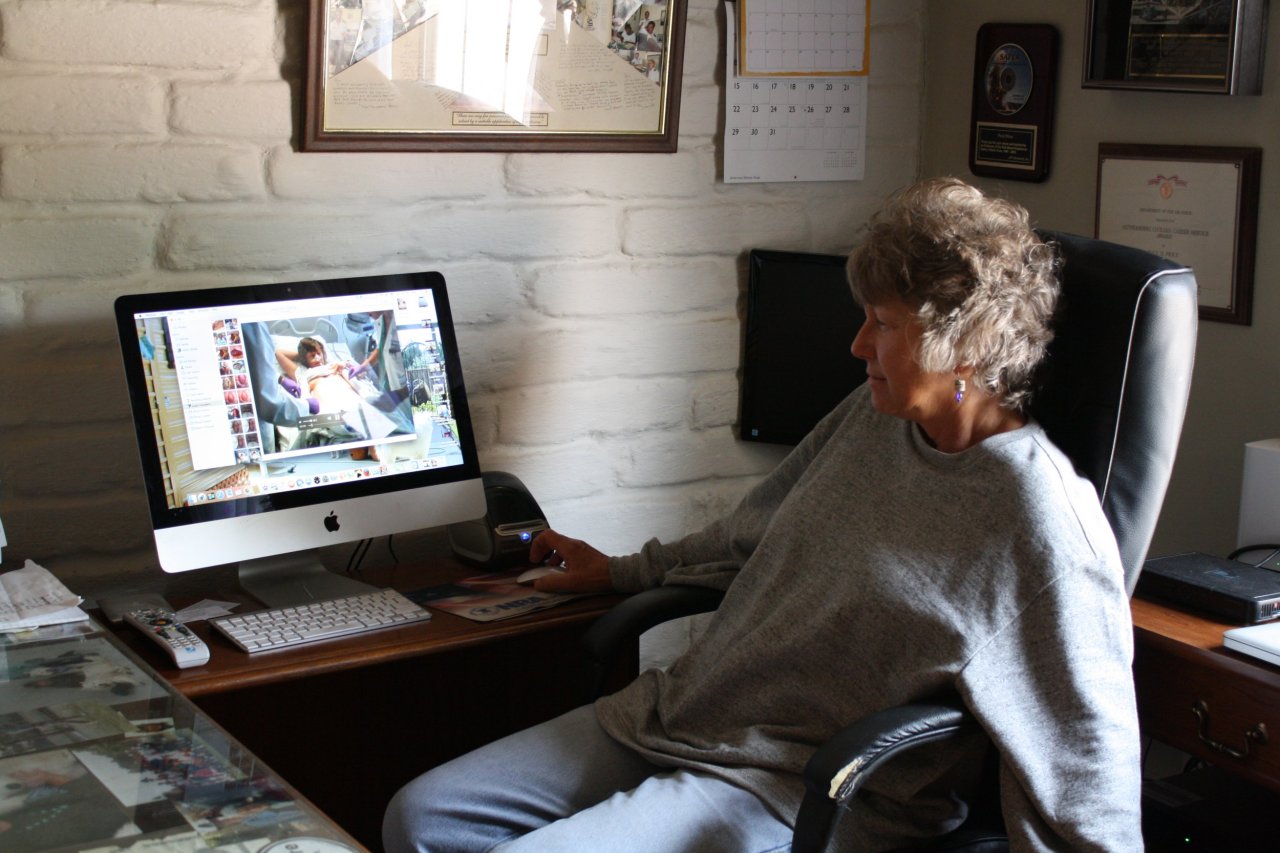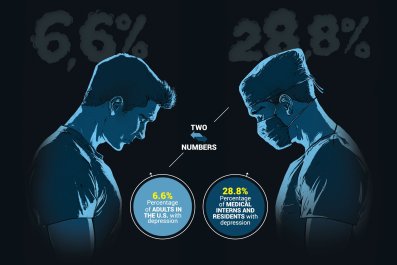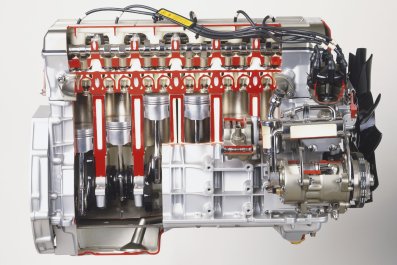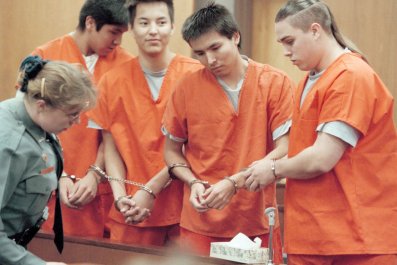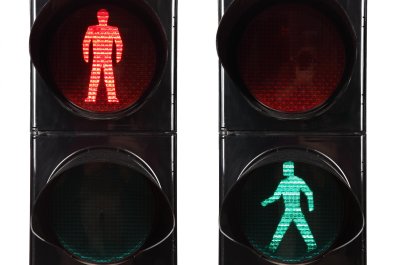This story originally appeared at International Business Times.
The night Judy Price got shot with her own gun she'd been walking her dog on a ridge above the Rio Grande. It was two days before Thanksgiving in 2009. As she and her fluffy Samoyed set off into her Albuquerque, New Mexico, neighborhood of flat-roofed homes and rock landscaping, Price carried her semiautomatic pistol against her belly.
Soon after she arrived home and began to undress in her small walk-in closet, her husband, Paul, heard the bang of a gun from across the hall in his office. Judy saw a flame flicker at the muzzle. Within seconds, the gun lay on the floor, where it fell when Price took off her sweatshirt, and the fabric caught on her Velcro holster, tearing it loose. Later, she marveled at the groove the hot bullet left on her mint-green sweatpants as it traveled up into her stomach, tore through the internal organs along the right side of her body, and lodged in her liver, where it rests to this day.
Modern-day guns like Price's are not supposed to go off when they fall to the ground, but Price says her Taurus PT 140 pistol, made by one of the world's largest gun manufacturers, was faulty. She sued Brazil-based Forjas Taurus, and its U.S. subsidiary, and later settled out of court. Her only face-to-face meeting with two company representatives in August 2011 ended on a hollow note.
"You have a serious problem," Price remembers telling one of them. "You need to do a recall and deal with this issue, because the next person could die."
In reply, Price, 59, says, one of the reps said, "Mrs. Price, Taurus has no intention of doing a recall."
Even when a gun manufacturer receives customer complaints like Price's, there's no threat of a government enforced recall hanging over its head. As the United States grapples with a rash of mass shootings and calls for tighter limits on gun purchases, another, lesser-known dynamic effectively shelters gun manufacturers from government oversight: Under decades-old legislation, Congress has consistently adopted positions championed by the gun lobby and the National Rifle Association, writing special provisions that effectively exempt firearms from regulation by consumer watchdog agencies.
The result is a gaping regulatory hole for the 300 million guns Americans own. Unlike virtually any other consumer product sold in the United States—from toasters to cars to medical devices — the federal government has no authority to force the recall of potentially defective firearms. No agency is tasked with ensuring the product functions safely. Gun owners are left with little recourse to hold companies accountable for faulty products outside the civil court system. If gun manufacturers choose to recall a firearm, it is entirely at their discretion, and there is no mandatory protocol to alert owners.
In mid-December, the Violence Policy Center listed more than 40 safety alerts and recall notices from 13 gun manufacturers, including Winchester Repeating Arms, Smith & Wesson, and Sturm, Ruger & Co. Experts can't pinpoint the exact number of deaths and injuries from defective firearms, because there is no national data that tracks it. But there were 215,422 non-fatal injuries from unintentional gunshots between 2001 and 2013, according to the Centers for Disease Control and Prevention. During that same period, 8,383 people died from unintentional shootings.
Four years after her meeting with Taurus, Price's gun and eight other Taurus models are now subject to a landmark legal concession from a gun manufacturer. In July, Taurus agreed to a recall framework for nearly 1 million guns to settle a class action lawsuit. The suit, filed by Iowa police officer Chris Carter, alleges several Taurus pistol models have inherent design flaws, allowing them to fire unintentionally when dropped. Attorneys for alleged victims say that since 2005 at least 13 people have been injured in similar incidents involving Taurus handguns. One person — an 11-year-old boy—was killed.
Taurus denies allegations that its guns have defects, and the company declined to comment for this story. The pending settlement awaits a judge's approval in January.
The absence of safety regulations raises the stakes for plaintiff's lawyers. Carter's lawsuit prompted one of just two proposed class action settlements in which a gun manufacturer has agreed to effectively recall its firearms. Under a separate pending settlement between gun owners and Remington Arms, the company said it would fix more than 7 million guns, following dozens of personal-injury lawsuits over the past quarter century.
In Carter's lawsuit, plaintiff's attorneys commissioned approximately 500 hours' worth of testing, and their experts used high-speed cameras to capture the effects of dropping Taurus guns. Footage from the drops revealed, for example, that "the trigger moved all the way to back of the trigger guard, as if someone was pulling it," according to attorney David Selby.
If the court approves the proposed agreement, attorneys say gun owners can return their pistols to Taurus and receive either a cash reimbursement or a new gun that includes an improved trigger safety.
One of the biggest challenges for attorneys on the case is convincing gun owners that the lawsuit is not "anti-gun" but rather about alerting them to a potential safety hazard. "We say, Look, these cases have nothing to do with an individual's right to keep and bear arms," says attorney Todd Wheeles, himself a gun owner and a former agent with the Alabama Bureau of Investigation. "This is a product defect case, period. We'd bring this case if it were a blender or any other widget that was injuring or killing people. This just happens to be a firearm."
The gunshot that autumn night in 2009 turned Price into an unlikely crusader. In the wake of her injury Price assembled the pieces of a one-woman warning system. She's gone to gun shows to hand out flyers depicting her bulging abdomen and a large hole carved into her stomach from surgery. She launched a website where she featured updates on her surgeries. She posted online a video re-enactment of the incident, complete with graphic images of her recovery process.
"I felt strongly that the accident should not have happened," Price says. "I just didn't want those things to happen to another family."
The Prices, now both retired from civilian positions with the Air Force, own about 20 guns. Paul proudly displays his NRA membership card on his desk. Judy continues to carry a handgun—just not a Taurus. Her anger with the company is not to be confused with a core belief she still holds true: People should be able to own guns. Carrying one makes her feel "more empowered, that I don't have to be a victim."


